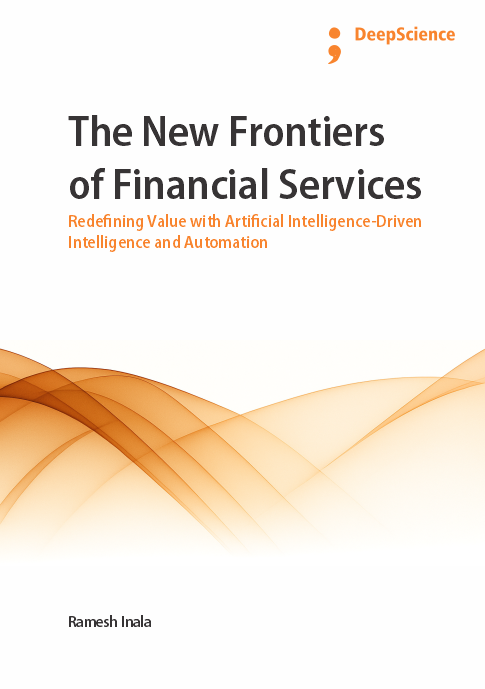Preparing financial institutions for the ethical, legal, and strategic challenges of artificial intelligence-driven autonomy
Synopsis
The scalable application of large language models (LLMs) represents the spark of the fourth industrial revolution. Those with the financial and technical means will use proprietary or tuned LLMs to create bespoke services for personal or transactional engagement, typically with much lower costs than current service options. In addition, these new services will have a personal depth and scale in customer engagement that make them much more attractive than current service choices. The huge potential benefits to corporations run in parallel with the huge costs of error, which will be borne by the corporation's employees. Employees who feel that they have too few, or too little personalized access to their employer are more likely to leave, and this means that corporations need to develop the means to access their people and keep them engaged - whilst enabling them to perform at the highest level. In order to exploit that potential, corporations will increasingly come to rely on tailored LLM services, to assist employees in their work. Such services will augment employee productivity but may also entice employees to avoid the scut work and engage a LLM to undertake the less rewarding tasks that fill the day.














